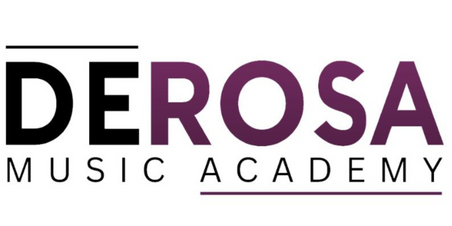Here is why we believe Music is a form of Therapy.
Jan 02, 2024
Learning to play a musical instrument offers a wide range of cognitive, emotional, and social benefits. Here are some key advantages:
-
Cognitive Development:
- Enhanced Memory: Learning and playing music involves memorizing patterns, chords, and melodies, which can improve overall memory skills.
- Improved Concentration: Playing an instrument requires focused attention, helping to enhance concentration and attention span.
-
Emotional Well-Being:
- Stress Reduction: Music has therapeutic effects and can help reduce stress and anxiety.
- Expression of Emotions: Playing an instrument provides a creative outlet for expressing emotions and feelings.
-
Discipline and Patience:
- Develops Discipline: Learning an instrument requires consistent practice and commitment, fostering discipline and time management skills.
- Builds Patience: Mastering a musical instrument is a gradual process that teaches patience and perseverance.
-
Boosts Creativity:
- Encourages Creative Thinking: Improvisation and composing music stimulate creativity and encourage original thinking.
-
Enhances Coordination:
- Improves Motor Skills: Playing an instrument involves the simultaneous use of various motor skills, contributing to improved hand-eye coordination.
-
Cultural and Historical Appreciation:
- Connection to Culture: Learning to play instruments often involves exposure to diverse musical traditions, fostering an appreciation for different cultures.
- Understanding History: Many instruments have historical significance, and learning to play them can provide insight into the history of music and society.
-
Social Benefits:
- Community Engagement: Playing in groups, such as bands or orchestras, promotes teamwork and a sense of community.
- Networking: Music connects people, and learning an instrument can be a great way to meet new people with similar interests.
-
Confidence Building:
- Sense of Achievement: Mastering a piece of music or performing in front of an audience boosts self-esteem and confidence.
-
Lifelong Learning:
- Continuous Challenge: Learning an instrument is a lifelong journey that offers continuous challenges and opportunities for growth.
-
Career Opportunities:
- Professional Opportunities: For those passionate about music, learning an instrument can open doors to careers in performance, teaching, composition, and production.
The benefits of learning a musical instrument extend beyond musical proficiency, music positively impacts various aspects of cognitive, emotional, and social well-being.

